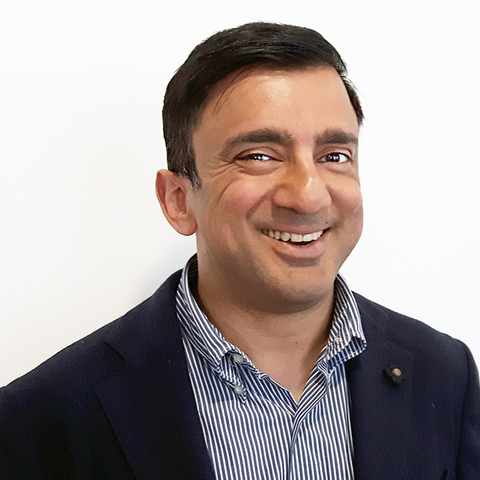
Is your scientific work trustworthy? What do you have to do to make it trustworthy? Scientific work is routinely scrutinised by peers but also by the media, citizen scientists, lawyers, policy makers and so on. This rightly places the burden on scientists to defend the integrity, quality and reliability of their work, i.e., its trustworthiness.
I will use the early days of the COVID-19 pandemic (March 2020) as an example to discuss trustworthiness in relation to the data and statistics available at the time. Science was just one part of the picture that governments and policymakers used to assess risks in order to make difficult decisions. I will encourage discussion on the trustworthiness of the scientific information and evidence that was available.

Governments were continuously assessing the risks to make difficult decisions based
on limited data. They had to judge what was and was not trustworthy. Image source: https://bit.ly/3L8tAQ3
This Friday colloquium will be hybrid. Attendees can therefore participate either in-person or via Zoom. Please join via Zoom at
https://uio.zoom.us/j/69001043754?pwd=cEJpbVE5ci9PdWNtRld2TDNNcGtKdz09
Meeting ID:690 0104 3754
Passcode: PeiseStua3
Attendees will be muted during the colloquium, but will have the opportunity to ask questions at the end by clicking on the "raise hand” button (or send a request via chat).